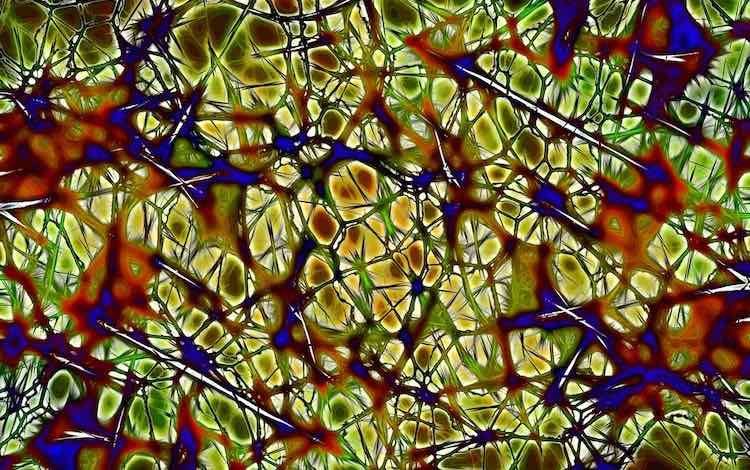Plush Monkey Keeps Students With Cancer in the Hearts of Classmates
This stuffed animal saves a seat in the classroom for kids in the hospital for cancer treatments.

A medical treatment intended for cancer patients appears to be able to reverse the effects of multiple sclerosis (MS), as well-and some people paralyzed by the condition have been able to walk again.
About 20 patients suffering from MS in Sheffield, England were given bone marrow transplants using their own stem cells.
HEAL YOUR MIND WITH GOOD NEWS… GET OUR APP-> Download FREE for Android and iOS
The treatment - haematopoietic stem cell transplant (HSCT) - first destroys a faulty immune system in cancer patients, then uses the stem cell transplant to rebuild it.
It effectively "reboots" the immune system in patients.
MS is a neurological disorder that causes the immune system to attack the linings of nerves and the spinal cord. Doctors thought if HSCT could rebuild the immune system in cancer patients, it might also work with MS.
One of the patients, Steven Storey went from a marathon runner to needing a wheelchair and 24-hour nursing care within a year of being diagnosed with MS. Four days after the HSCT treatment, Storey was able to move his toes and was able to stand on his own four months later.
"It's been incredible. I was in a dire place, but now I can swim and cycle and I am determined to walk," Storey told the BBC.
Hospitals in the UK, U.S., Sweden, and Brazil are taking part in international trials gauging the long-term benefits of the procedure on MS patients.
As with cancer patients, those with MS would need to endure multiple rounds of chemotherapy to effectively destroy their faulty immune system before the transplant can reboot it.
The one time cost of the stem-cell transplant - $43,000 - is about the same as the yearly cost of standard MS treatments.
A Chicago study published last year in the Journal of the American Medical Association, showed benefits from the treatment lasting at least four years in some MS patients.
Doctors are now looking to the completion of a large trial in two years that could propel HSCT toward FDA approval as a treatment MS.
Photo: geralt, CC
Give Your Friends A Dose Of Hope, Share This…
Be the first to comment